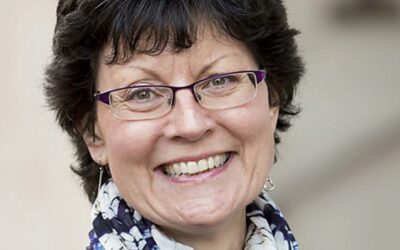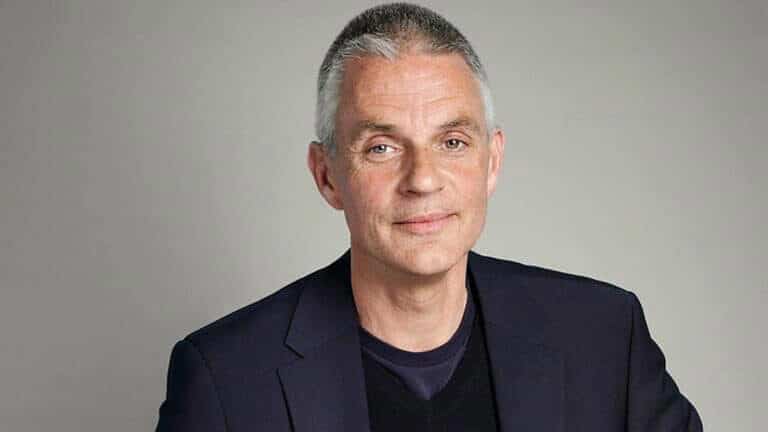The BBC needs more partnerships with media and entertainment companies, such as the tie-in with Walt Disney on Doctor Who, in an effort to shore up its finances with further cuts to services expected, as well as the potential end of the licence fee.
Speaking at the Royal Television Society today (Tuesday 26 March) ahead of the publication of the BBC’s annual report detailing spending plans for the next year, director general Tim Davie addressed the “future direction of the BBC and its role for the UK,” outlining how to use “limited resources” to best serve the audience, “rapidly modernise” and “transform the value we provide for everyone,” while “growing the creative industries.”
Davie argued that there are dangers for the U.K. “democratically, socially and culturally” and beyond, citing the likes of noisy culture wars, disinformation and the persecution of the free press, but added that the BBC is almost universally admired around the world.
Davie also warned against complacency, and noted the need to rethink traditional business models and change amid changing audience behaviour and financial challenges. But he added that the British public spends more time with the BBC and its streaming service iPlayer than all other streamers combined.
He acknowledged, however, that the corporation is lagging behind global streaming rivals when it comes to its streaming apps, with the iPlayer homepage lacking the powerful personalisation and recommendation algorithms that power the likes of Netflix. As a result, he pledged to rebuild its online products to offer a more personalised service.
Davie said the BBC has three essential roles for democracy, society and the creative industries. They are: “pursue truth with no agenda, back British storytelling, and bring people together.”
Turning to AI, Davie said the BBC will use the technology on its own terms, supporting rightsholders without compromising human creative control, and sustaining editorial standards. He also promised the use of “unique ethical algorithms” that include personalization, serendipity, and curiosity.
Income from the licence fee fell to £3.74bn last year as fewer households pay the fee. Although this will be mitigated by a price rise to £169.50 from April, the BBC argues that the last 14 years of funding cuts by Conservative-led governments have reduced its budget by 30% in real terms.
The BBC is already introducing adverts aimed at British listeners for some of its podcasts on commercial platforms, although not the BBC’s own platforms, for the first time, and moving many of its radio producers out of its public service division and into its for-profit commercial arm. The corporation has struggled to retain high-profile podcast hosts, who are being lured away by commercial rivals.
The current licence fee agreement expires at the end of 2027 and the Conservative government has pledged to replace it with a new funding model. Although the overwhelming majority of Britons use BBC services on a weekly basis, the average time they spend with the national broadcaster is falling – and the corporation is struggling to produce content that attracts younger audiences who are crucial to its survival.














